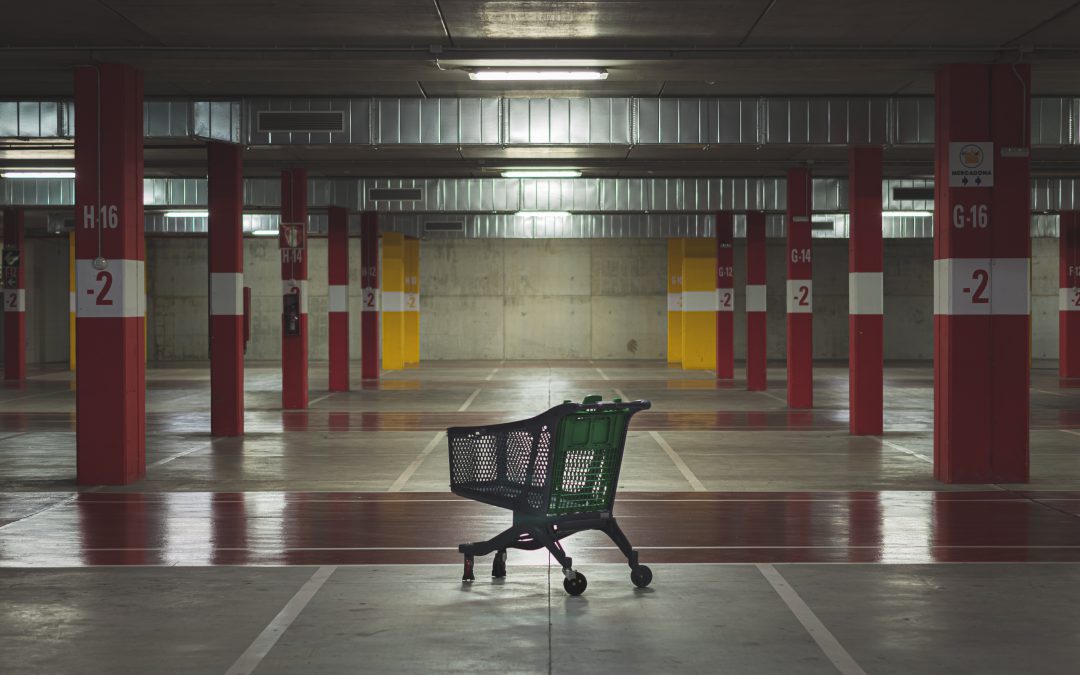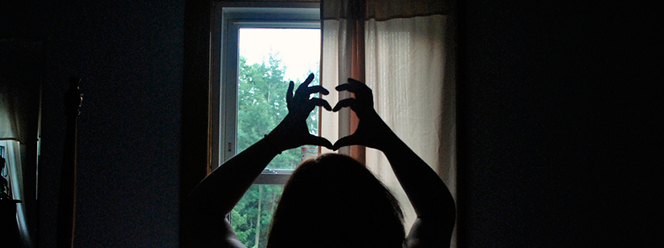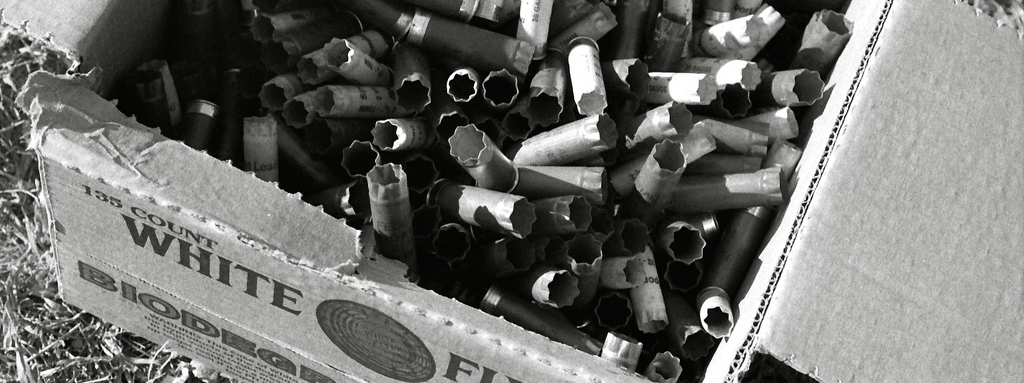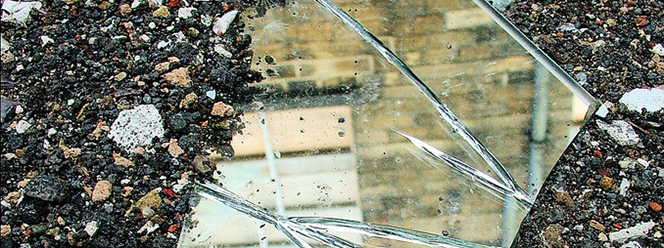
by Tara Joyce | Apr 14, 2023 | Pay What It's Worth Pricing
We destroy the earth, and ourselves, in name of something we do not truly understand. Too often the phrase, “Because the economy…” is used as a scapegoat. It is used as a scapegoat by people asserting their understanding of and control over a collective force we have very little understanding of and control over. Adam Posen, president of the Peterson Institute for International Economics says of economics, “We’re really at the level of Galileo and Copernicus,” still figuring out the basics of how things work.
Current Economic Theory is… Arrant Nonsense
We understand the economy and economics so little because, well, the fundamentals of them make no sense. The foundational concepts of economics are based upon concepts that are generally not true of the real world. As Jeremy B. Rudd, senior adviser at the Federal Reserve, admits “Mainstream economics is replete with ideas that ‘everyone knows’ to be true, but that are actually arrant nonsense.” Adding to this, author Tom Bergin points out, “The failure of the neoclassical (supply and demand curve) framework to explain important segments of economic life hasn’t dented economists’ faith in the universal applicability of them. In the past 40 years or so, in fact, the trend has been to claim that such economic principles apply to more and more domains of life.” Curious, isn’t it? As a social science, economics does itself no favours by not needing to apply its assertions and understandings to real-world scenarios. When we get right down to it, economics as a discipline and field of study is pretty airy-fairy.
Despite our lack of understanding about “the economy,” the assertions we make about it have a huge influence over our global decisions. “If even the simple supply-and-demand curve, a staple of the orthodox neoclassical (economic) framework, fails on something so fundamental as wages and employment, why do economists cling to it? And why do policymakers keep listening to them?” asks author Tom Bergin.
Why do we allow our assertions about “the economy” to have so much undue influence?
Current Economic Theory is… Disconnection from Self
I don’t know about you, but in the real world, the world I buy and sell in, and make my choices in, I create my own economy. I choose what I buy and from where and whom, and I decide what I sell, trade, and barter. I decide what the value of a dollar is to me and what my relationship to money, other people, and exchanging value is. Holding this truth, I’d argue there are as many economies as there are people, and that the larger Economy with a capital E, is a collection of our personal economies and the choices we make within them.
It’s no wonder economics and what it truly is and how it operates is such a giant black box. If my theory holds water and the larger Economy is a collection of our personal economies and the choices we make within them, then our personal economy would be as big of a question mark as we are to ourselves. Without reflection and understanding of our own economic choices, we have little capacity to understand the collective economy. Saying this another way, we can see our irrationality (and lack of self-awareness as humans) in that we’ve shaped a theory of buying and selling (economics) where we are rational players. We’ve agreed to collectively ignore our experiences of regretting a purchase, of making an impulse buy, of misunderstanding the true value of a product, and so on. We’ve agreed to collectively ignore a part of our self, our irrational self, and that it engages in the marketplace.
That’s not very rational of us, is it?
Further to its faulty foundations, economics is inherently patriarchal in its formulations of reality. It’s historically blind to women and households, and to the natural world. For instance, Gross Domestic Product (GDP), a darling of economic theory, is a partial and misleading measure of national wealth and well-being. Jane Gleeson-White explains, “The problem is that it does not measure key goods in our economy, those unpriced but priceless services carried out by domestic workers and by nature.” This current economic theory ignores huge swathes of value to human life.
Current Economic Theory is… Pseudoscience
Okay, so the foundations of economics are faulty. We don’t understand what we are studying, and that’s okay. Unfortunately, in economics though, it’s not so okay to say “I don’t know.” Economists are rewarded with influence for knowing things, even when they don’t. “Since economics wants to be seen as a science, it should act like one and take a firmer line on falsehoods,” concludes Paul Romer, Nobel Prize winner for economics in 2018. Economics massive narrative problem needs to be addressed. As Tom Bergin problematically points out, “Economists have so much faith in the rules (they follow) that they don’t study a market before asserting it proves their theory of how markets work.” And we listen to them because we don’t truly understand.
We believe they, the experts, know better.
A Way Forward
Considering all this, I’d say Adam Posen is right, we’re at the very beginnings of understanding economics and the economy. We’ve perhaps shaped a square wheel for ourselves and we have got a lot more awareness to grow in before we’ll realize the wheel’s true circular shape. Part of this growth will be in fundamentally accepting our current ideas need re-working. We need to admit we don’t understand the economy, and that economics as we know it is nothing more than a rough estimate and a jumping-off point for greater understanding.
I feel what we may come to understand more closely mimics Jane Gleeson-White’s perspective, that “the economy is a sacred social space organized around relationships of care.” We’ll come to see and understand the value of its circular, nodular and interconnected nature, and begin to shape our ideas around it based not on how we’d like for it to behave, but on how we observe it operating.
Photo by Xavi Cabrera on Unsplash

by Tara Joyce | Oct 27, 2014 | Cultural Creativity, Pay What It's Worth Pricing

I like to think about money as an idea in the form of credit. To get in the money game, I need to build up my credit. To build up my credit, I need to work on my inner and outer relationship with my self and money.
My Outer Credit Work:
- identifying & communicating the value I offer (marketing my self and my business)
- growing my wealth (creating opportunities for higher pay and more abundance)
- caring for my wealth (managing my money and my self)
My Inner Credit Work:
- connecting with the value I offer and the abundance of wealth I possess (transforming my thoughts, feelings, beliefs, attitudes, and actions about money and my self)
As I practice with Pay What It’s Worth and not setting prices, I’m noticing the system naturally supports me in doing my inner and outer work. It supports me in clearly identifying where I still have work to do in improving the quality of my thoughts about my self and money. When I feel something isn’t working in my business and/or in an exchange with my customer, I have an opportunity for inner work and outer work. My business is a mirror for my relationship with my self and money, and my customer is a powerful guide in showing me what is working in this relationship, and what is not. My customer’s feedback and behaviour in our business exchange, and my satisfaction with it, highlights where my thoughts and actions are adding value and where they are not. How am I building my credit? How am I taking from it? If I don’t feel fairly valued, I explore how I am creating this imbalance in my relationship and I work to correct it.
Psychology is to money what an engine is to a car, and my motives, my drivers to action, determine my results. My thoughts about money determine where I go with it, the quality of my ride and my response, and how fast I travel. If I want to live and love abundantly, I must be working on thinking abundantly. As I work at increasing the quality of my thoughts, and in turn my actions, my wealth increases. As I learn to value my Self and how I am of service more wholly, my customer naturally does too. This is the work and the reward of building my credit.
photo credit: Matt Jiggens

by Tara Joyce | Jun 24, 2013 | Innerpreneurship

What if these two things were created equal?
What if wealth, beauty and status mattered as much as compassion, respect, care and value?
How would that change things?
What if my self-esteem (my view of wealth, beauty and status) was equal to my self-love (my view of compassion, respect, care and value)?
What if I focused on respecting my feelings (compassion), setting my boundaries (respect), ensuring my wellness (care) and cultivating my gifts (value)?
Would I find that my power (beauty, wealth and status) had grown as a result?
My esteem wants to have and do but without knowing where my love lies, am I really getting what I want?
I can make the connection.
Between my external desires and my internal needs. I do not need to pursue one at the expense of the other.
Through loving myself I am creating the esteem I desire.
This article was partially inspired by the concepts found in Madly In Love With Me by Christine Arylo.
photo credit: stars alive

by Tara Joyce | Dec 14, 2012 | Self/Business Growth

I’ve been thinking a lot lately on what it means to grow up. Perhaps this is because I am now in my early 30’s, and I feel this is a time in my life where I am learning to let go of childish behaviors, while still maintaining my childlike wonder.
This is my theory on what growing up is all about – learning to love, manage and keep your stuff in your box.
For me growing up is about learning to care for and love your box (your Self) and all the crazy beautiful stuff you find inside of it. It’s also about learning that you do not need, nor want, to take on other people’s stuff and put it into your box. That’s their stuff to care for and your box is already full with your stuff. Your box is enough.
Equally being responsible for your stuff also means learning to not take your stuff and try and put it into another person’s box. It is not theirs to deal with.
I see the beauty of growing up is in understanding that each of us is wholly responsible for our box and what we do with the stuff inside it. Love it, hate it, ignore it, it’s your choice and your responsibility.
To truly grow up is to learn to stand shoulder to shoulder in acceptance with another box and stay true to your own journey with your stuff while being supportive of theirs.
photo credit: Steven Snodgrass

by Tara Joyce | Sep 18, 2012 | Cultural Creativity

Good mirrors matter. It’s important that I see myself as I truly am. It’s good for my heart and for my growth to have an accurate picture of who I am.
So I’m learning to be a wiser shopper when it comes to mirrors. Just any old reflection of me will no longer do. I’m getting serious about the mirrors I choose to use.
Finding the good mirrors, I’ve learned, is easier when I am clear on what a true reflection of me might look like.
Then I can confidently say “in this mirror I look fatter than I am”. Or “in this mirror I feel like too much of a caretaker”. Or “in this mirror I appear less whole than I actually am”. By knowing what I want to see reflected back at me, it’s easier for me to spot the mirror that shows me as “the funny and clever person full of love” that I am.
After all a mirror can only reflect what it knows, what it feels capable of showing, and what it chooses to see. A good mirror it will have no trouble showing me as I truly am, reflecting back the whole of me. While other mirrors, perhaps more cracked, may prefer not to reflect certain things. In their reflection, if I stay conscious, I might find my colour is muddled, or a strand of my hair is missing. In some part of their reflection I am something less than whole.
It makes sense that a mirror that does not feel complete itself can not reflect back completeness in me. It’s own feelings of lack create distorted reflections of others as less-than-whole too.
That’s why it’s important for me to find good mirrors, those who see themselves as complete — they are capable of reflecting the same truth onto me.
photo credit: nualabugeye









